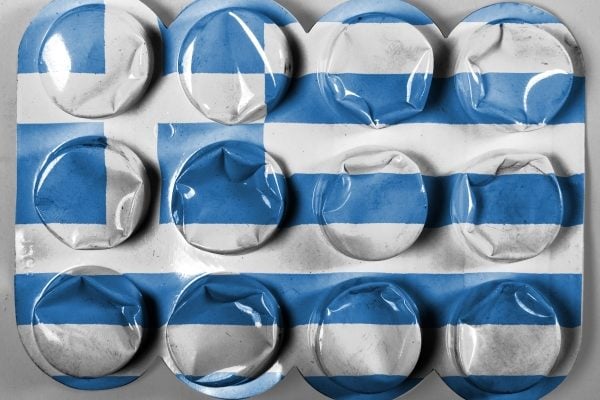Despite the difficulties of the financial crisis and subsequent austerity legislation, pharma firms implanted in Greece have nonetheless continued to exhibit great commitment and staying power.
“The big multinationals have not been panicking and resorting to large-scale layoffs or fleeing the market.”
Konstantinos Kofinas, Merck
“Regardless of the challenges posed by the financial squeeze, most actors are perceptive of the underlying potential of this important market and acknowledge that there are no shortages of patients with inelastic needs that need responding to,” reflects Merck’s Konstantinos Kofinas noting that “the big multinationals have not been panicking and resorting to large-scale layoffs or fleeing the market.”
[Featured_in]
Amgen’s Matti Arvela reasons that firms will always be loath to retracting products from the market unless they consider it absolutely necessary because “once you’ve taken a drug out of the market, it typically takes more than double the time of the retraction for products to be reintroduced, and that’s not counting the additional complication of needing to re-instill the trust of the consumer.”
How then are firms going about coping with the intricacies of these abnormal times and uncertain revenues? What are their survival strategies? Many outfits have been responding by hedging their bets and diversifying the sources of their revenue streams. “We mitigate the challenges by having a balanced and diversified portfolio. We do not want to be dependent on just one or two molecules. Moreover, we also try to keep a balance between in-licensed products and our own development. For the latter, we have more control over the costs of the products, whereas for the former, we can access market segments where we do not have capabilities of development and production,” discloses Aris Mitsopoulos, vice president of indigenous success story, Rafarm.
[related_story]
One popular strategy is to amass an OTC portfolio that can offer some respite from the onerous taxation on prescription products. “We’ve actually made it a strategic focus to grow the OTC side of our business from 18 to 30 percent of our total sales…Though the OTC portion in Greece is currently below global standards, the fact that these products are insulated from clawbacks and rebates adds to their value as revenue generators… our own OTC portfolio is now bringing in some EUR 3.5 (USD 3.75) million up from EUR 1.2 (USD 1.28) million five years ago courtesy of our star product Tantum Verde,” recounts Angelini’s Panagiotis Giannouleas. “I think finding ways to invest in the healthy part of the system is imperative, which in Greece right now translates to the OTC segment…our action plan for mitigating the crisis is to invest in sub-segments in the market lacking price controls and where the supply looks less volatile,” concurs Pierre Fabre’s Philippe Lambrinos.
For others it’s as much about re-thinking the business model and conforming to the “new rules of the game.” Anfarm’s CEO, Eugenia Nicolaou, gives one such example. “We are right now busy calculating down our prices, which stands to the complete contrary of the situation years back when we were not allowed to engage in discounts…Whereas formerly we used to sell directly to hospitals and the prices were fixed and frozen, nowadays we are compelled to compete in small tenders, according to the characteristics of each hospital and region and we’re becoming increasingly cognizant of the fact that this kind of competition is fiercely premised on cost,” he recounts.
Even the way firms are tracking and engaging with their customers is being reconsidered under the new strictures. “Companies are turning to us for reliable go-to-market strategies that can withstand the uncertainty of the business climate. Within this context, they are, in particular, seeking out sales force optimization methodologies and multi-channel avenues,” perceives Nikolaos Kostaras, general manager of QuintilesIMS.
Writer: Louis Haynes



